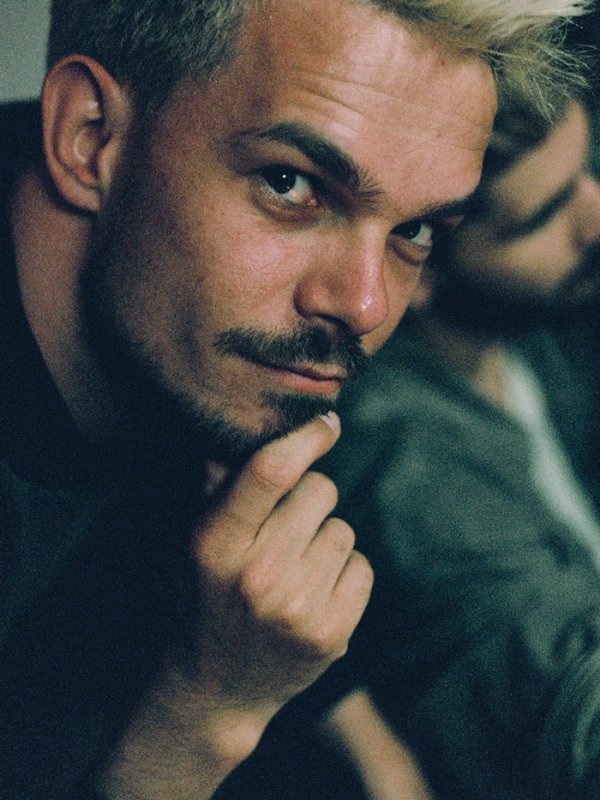Alexander Sängerlaub
Alexander Sängerlaub is director and co-founder of futur eins. Alex prefers to deal holistically with digital public spheres and the question of how the utopia of an informed society can be achieved.
This question constructs the topics he works on: in 2017-2021, he helped build the “Strengthening Digital Public Spheres” department at the Berlin-based think tank Stiftung Neue Verantwortung, where he led projects on disinformation (“fake news”), fact-checking, and digital news literacy. For the study “Source: Internet?” he was awarded the Hans Bausch Media Prize of SWR and the University of Tübingen in 2022 together with Anna-Katharina Meßmer and Leonie Schulz.
In 2014, he founded the utopian political magazine Kater Demos and led the editorial & creation until 2019. The magazine was Germany’s first constructive political magazine. In 2022, he returned to constructive journalism as Head of Future of Journalism for the Bonn Institute. Prior to that, he was a research assistant at the University of Hamburg and the Free University of Berlin in Journalism & Communication Studies. In 2013-2014, he worked for the Berlin-based agency Blumberry on Angela Merkel’s federal election campaign, among others.
Disinformation, news literacy, constructive journalism: on these topics he is in demand as a speaker (among others Goethe Institutes San Francisco & Seattle, 1014 New York City, Streitraum, re:publica (e.g. 2022), ARD/ZDF Media Academy, SWR, MDR, Max Planck Society), or active as a presenter (among others EU Commission) and expert (among others German Bundestag).
He studied journalism, psychology and political communication at the Free University of Berlin and has taught at the University of the Arts, the Berlin University of Applied Sciences, the Bundeswehr University in Munich and also at the Free University of Berlin. His never-written dissertation entitled “Who needs journalists when you can have robots?” on journalism and artificial intelligence was always interrupted by life (aka Kater Demos).
